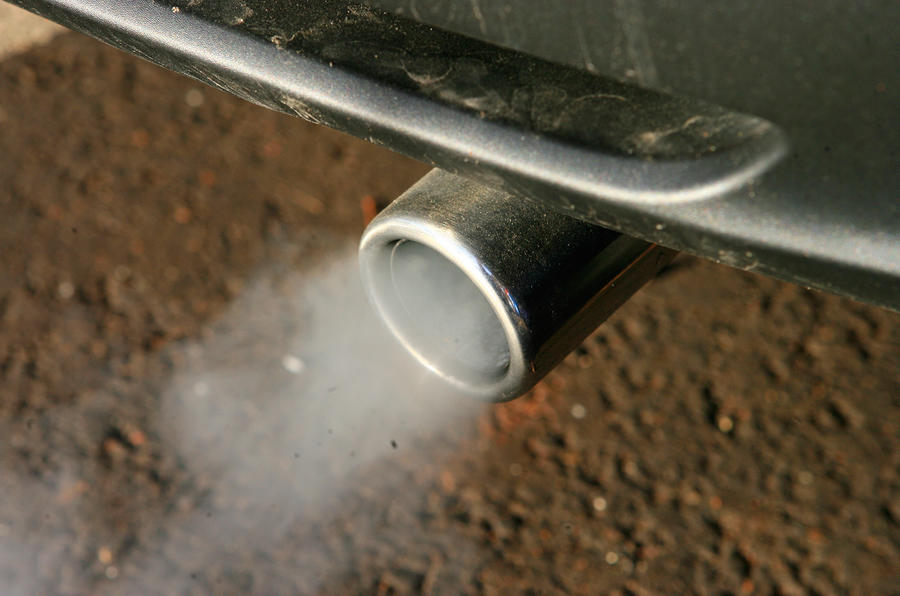London will take another step towards banning older diesel and petrol-powered private cars from the city centre when the proposed Ultra Low Emissions Zone (ULEZ) is further discussed next week.
A second 'stakeholder' meeting is expected to reinforce a proposal to ban diesel cars that don’t meet EU6 emissions standards or petrols that don’t meet EU4 from the central Congestion Charge Zone.
"We announced last February the intention to introduce an Ultra Low Emissions Zone in 2020 for central London and we have been working towards that goal since," says TfL.
TfL stresses that no decision has been made about the rules governing the ULEZ and that four official proposals for its operation will be formulated, before a single theme goes to public consultation later this year.
However, Autocar understands that the ban on pre-EU6 diesels — cars registered before 2014, and pre-EU4 petrols, as well as any registered before 2005 — was put to an informal vote at the first stakeholder meet in November and won overwhelming support.
There are also fears that the ULEZ will be introduced in outer London beyond the North and South circular roads on the same boundary as the current truck/bus Low Emission Zone.
That would ensnare millions of motorists unable to comply with the EU6 and EU4 standards, rocketing up the cost of motoring for many ordinary Londoners.
Even if this doesn’t happen, the ramifications of the smaller anti-car zone will affect motorists across the capital and anyone owning a diesel registered before 2014 will be banned from the centre of London.
There are anomalies under the proposal, which will ban low-emitting small cars with EU5 diesels, where DPF particle filters are standard, but allow in large diesel-powered cars and SUVs, which may emit relatively high levels of pollutants.
Events like the annual London-Brighton run and the Regent’s Street Motor Show, based around classic and vintage cars that won’t meet the limits, will also have to be cancelled or moved elsewhere.
Although motorists groups are monitoring the introduction of pollution-related controls on drivers — such as the new 60mph motorway limit — it appears that the car-makers' trade group, the SMMT, is the only car industry voice represented at the ULEZ stakeholder meetings.
It is also known that diesel-powered trucks, buses, vans and taxis individually produce much larger volumes of pollutants than private cars.





Join the debate
Add your comment
So, everybody with a sub-Euro 6 diesel pays up -
nonsense
Arse.